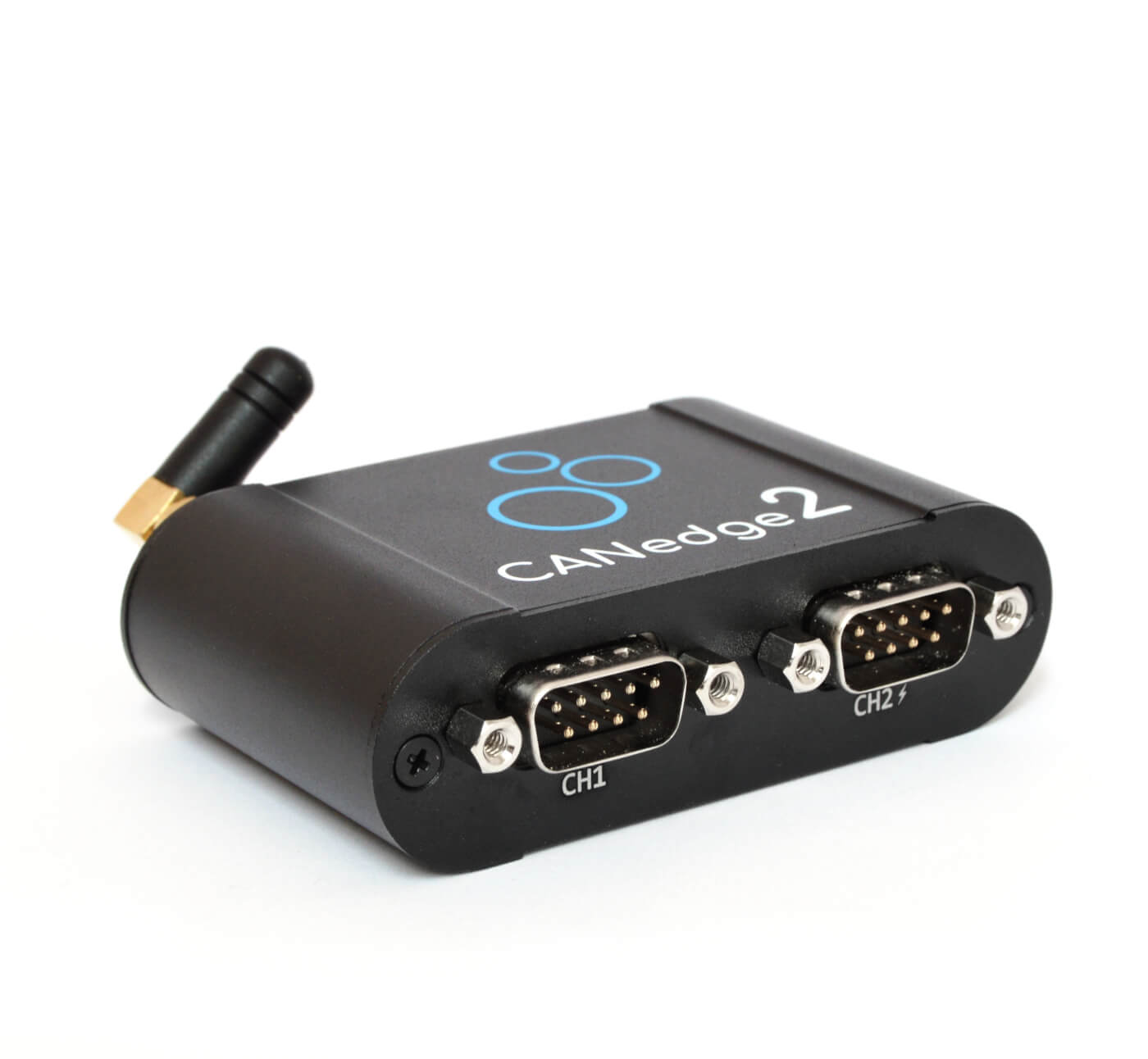CSS Electronics
Vehicle telematics and remote diagnostics made simple
CSS Electronics, based in Aarhus, Denmark, develops simple-to-use, highly interoperable CAN bus data loggers ideal for industrial and automotive applications. We caught up with co-owner Martin Falch to learn how CSS Electronics has evolved to offer industry-leading hardware and software for vehicle telematics, OEM development, diagnostics and more.
1. Let’s talk a little about the business. What does CSS Electronics do?
At CSS Electronics we offer ‘CAN bus data loggers’ – basically devices that let you record data from practically any vehicle or machine. We focus on delivering simple-to-use devices with pro specs at low costs.
Further, we design everything with ‘interoperability’ as a key focus, in order to enable our end users to integrate our devices in existing solutions – and process their data the way they want. For example, our CANedge comes with a full software-suite consisting of 100% free and open source tools. For example, we enable users to easily visualize their data via popular tools like Grafana dashboards.

2. I understand you started out in management consulting. What led you to industrial IoT?
I come with a background within economics, management consulting and strategy – so not a clear-cut path to industrial IoT. However, when the founder of CSS, Christian Steiniche, created the company in 2015, I joined early on to handle the business-side, in particular online presence, marketing, sales etc.
A big part of our company’s focus is on delivering excellent online content, as well as excellent support – both things that mix well with a communication-oriented background.

3. What are some of the use cases you’re supporting today?
We work particularly with automotive manufacturers – for example engineering teams that develop new vehicle equipment, prototype EV batteries etc. Our devices are ‘general-purpose’ so they’re used in a very diverse range of use cases, as evident from our 30+ case studies.
Examples include Volkswagen using our devices to collect sensitive CAN bus data to their own servers, Siemens using it for studying engines deployed at customer sites, JCB using it as a diagnostic blackbox in mining trucks or VIVES using it in ship telematics.
4. How did you happen to discover Soracom?
Our CANedge2 allows end users to log data to an SD card – and auto-push it via a WiFi access point. The access point can for example be a USB 3G/4G hotspot, in case the end user needs to continuously upload log files while the vehicle is on-the-road.
In this case we observed a challenge in US/Canada as the USB hotspot we offer was sometimes not compatible with e.g. T-mobile or AT&T. We therefore reached out to our existing customers for alternative providers and were recommended Soracom.
Today, we’ve tested our hotspots across many customers in the US and Canada (as well as the Soracom support team) and so far we’ve had 100% consistent compatibility. By recommending Soracom to our users, we can ensure that they get a consistent experience and they avoid having to evaluate different providers.
5. If you weren’t working on the cutting edge of IoT, what else might you be doing?
I love working in the IoT startup world, it’s awesome experiencing the development of new technologies at the frontier! However, if I had to take a different path, I’d have liked to follow a route within film production.
I previously did a lot of ‘machinima’ work within the online game, World of Warcraft. Here, I made a series of movies (‘Tales of the Past’) that were viewed by millions. I think it’s a great example of how much can be done with today’s technology (or that of 10 years ago, when the movies were made) in terms of productively utilizing creativity to create tangible output.
Luckily, I’m able to channel some of that passion into the development of content for our website and Youtube channel. While the fanbase is (potentially) different, I’m still able to create free content that is valued by a very large amount of people – which means a lot to my personal motivation.
Martin Falch is co-founder of CSS Electronics.
